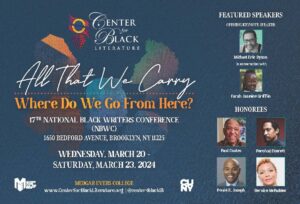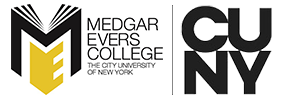Writer who chronicled Tupac coming to Medgar Evers College for National Black Writers Conference
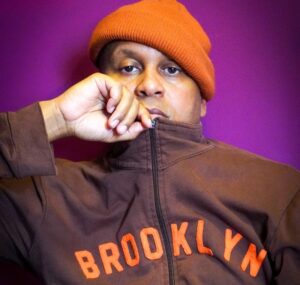
By David Gil de Rubio | dgilderubio@mec.cuny.edu
Literature and reading have served author/activist Kevin Powell well throughout his 57 years. The Jersey City native has used his love of the written word as a springboard to “…[visit] all 50 states in America, go to Puerto Rico many times, travel all over the Caribbean and parts of Latin America and go to five of the seven continents.”
It’s a message he hopes to convey to any Medgar Evers College students attending the 17th National Black Writers Conference and the panel — “The Healing Power of Literature” — he’ll be part of on Friday, March 22.
“I want these young people to know how important literature is to your imagination,” Powell said. “You can’t do anything without imagination. I did not get on a plane until I was 24 years old — over half my life ago. What reading did for me was it took me all over the world.
“It showed me places I couldn’t even imagine. It allowed me to fantasize and imagine—to put myself in these places. That’s what reading and literature did for me. I could go places. I might be poor and be in this one environment, but reading took me all over the world.”
Raised by a single mother in extreme poverty, reading and books gave Powell the ability to navigate the trauma and obstacles of growing up poor as a person of color. And while early favorites included Ernest Hemingway, William Shakespeare and Edgar Allan Poe, it wouldn’t until he was given the opportunity to study at Rutgers University thanks to New Jersey’s Educational Opportunity Fund that the future Vibe Magazine founding staff member would find authors who wrote experiences about people that looked like him.
“The floodgates opened from 18 to 25, which is when I discovered the Black Arts Movement, the Nuyorican Poets Café with Mikey Piñeiro and [other really influential folks],” Powell said. “That’s when it crystallized for me that you could make a life of this. It may not be easy as a person of color, but you have these examples in front of you of people who are doing it. It was liberating. Literature became my friend if you will. That’s what it became for me once I started learning about what we wrote. That there was a whole body of work by us. That made a huge difference for me.”
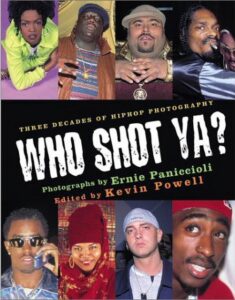
During Powell’s time at Vibe, he wrote major features on a number of seminal figures including Tupac Shakur, General Colin Powell, and Snoop Dogg. But he switched to another creative gear when he started delving into the world of memoir inspired by a number of seminal books including Alex Haley’s Autobiography of Malcolm X, Richard Wright’s Black Boy and Piri Thomas’ Down These Mean Streets. The result would be his own string of critically acclaimed books including The Black Male Handbook: A Blueprint for Life and The Education of Kevin Powell: A Boy’s Journey Into Manhood.
“It was important for me to see these honest and real stories about our people,” he said. “Especially coming from our background and seeing our stories like that. At first, I was very blinded and was only looking at male writers. It wasn’t until a few years later after college I started checking out Sonia Sanchez, Audre Lorde, Nikki Giovanni, Toni Morrison and people like that. It made a huge difference in my life to expand that literary vocabulary to make sure it included all genders and gender identities. It’s very important to say that. I just did a deep dive into anyone that I felt was speaking about liberation for our people and empowerment for our people. How do we get through these traumas that have been thrust upon our people—anything that spoke to me.”
For “The Healing Power of Literature,” poet/novelist Rachel Eliza Griffiths will be the moderator. Powell will be appearing alongside poet Patricia Spears Jones, author Kalisha Buckhanon and novelist Marita Golden.
For Powell, his greatest hope is that the day’s event will inspire students to pour more of their energy into discovering new and different voices.
“The main [takeaway] I want them to have is that literature can change your life for the better if you can immerse yourself in the stories and see yourself in the possibilities of these stories,” he said. “There was the education I got in school and then there was the education I created for myself when it was time for our literature to be digested, so that’s what I did.”
•••
National Black Writers Conference
